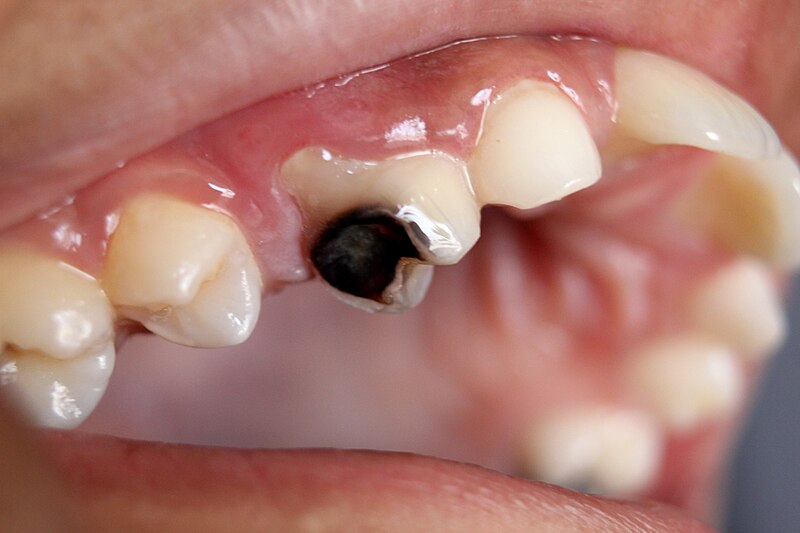Dental caries, commonly known as tooth decay or cavities, is a prevalent oral health condition characterized by the demineralization of tooth enamel, leading to the formation of cavities or holes in the teeth. This condition is primarily caused by the interaction of bacteria, sugars, and acids in the mouth, resulting in the erosion of tooth structure.
Causes:
The main cause of dental caries is the presence of certain bacteria, particularly Streptococcus mutans, in the mouth. These bacteria feed on sugars and carbohydrates from food, producing acids that can gradually wear down the enamel of the teeth. Poor oral hygiene, frequent consumption of sugary or acidic foods and beverages, inadequate fluoride exposure, dry mouth, and certain medical conditions can also contribute to the development of dental caries.
Signs and Symptoms:
The signs and symptoms of dental caries vary depending on the stage and severity of the condition. In the early stages, there may be no noticeable symptoms. As the decay progresses, common signs include tooth sensitivity to hot, cold, or sweet foods and drinks, visible holes or pits in the teeth, toothache, discoloration of the affected teeth, and bad breath. If left untreated, dental caries can lead to more serious complications such as tooth abscess, infection, and tooth loss.
Prevention:
Preventing dental caries involves maintaining good oral hygiene practices, including regular brushing with fluoride toothpaste, flossing daily, and visiting the dentist for routine check-ups and cleanings. Limiting the consumption of sugary and acidic foods and drinks, drinking fluoridated water, using fluoride mouthwash or dental sealants, and chewing sugar-free gum can also help reduce the risk of developing cavities.
Treatment:
Treatment for dental caries depends on the extent of the decay and may vary from conservative approaches to more invasive procedures. In the early stages, when the decay is limited to the enamel, the dentist may recommend fluoride treatments or dental sealants to remineralize the tooth and prevent further damage. For deeper cavities, the decayed portion of the tooth may need to be removed and filled with dental fillings, such as amalgam or composite resin. In cases of severe decay or infection, root canal therapy or tooth extraction may be necessary to restore oral health and prevent complications.
In conclusion, dental caries is a common oral health problem caused by bacterial activity and dietary factors. Practicing good oral hygiene, adopting healthy eating habits, and seeking prompt dental care are essential for preventing and managing dental caries and maintaining optimal oral health.

